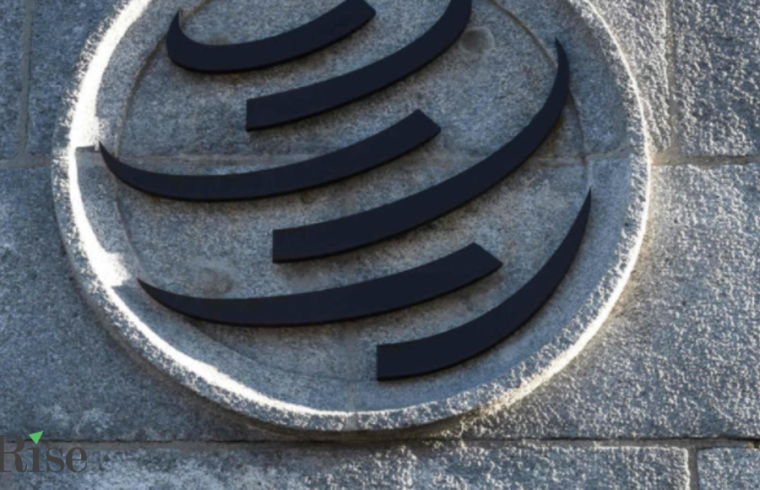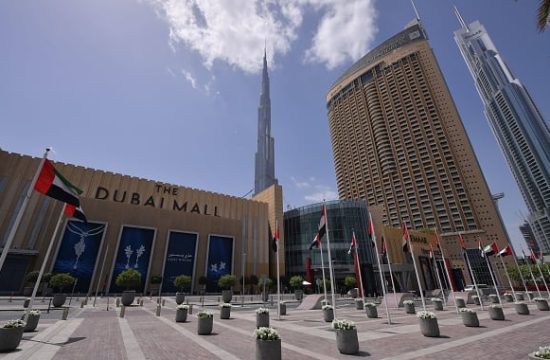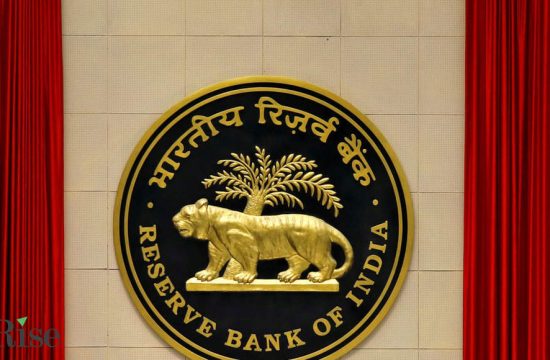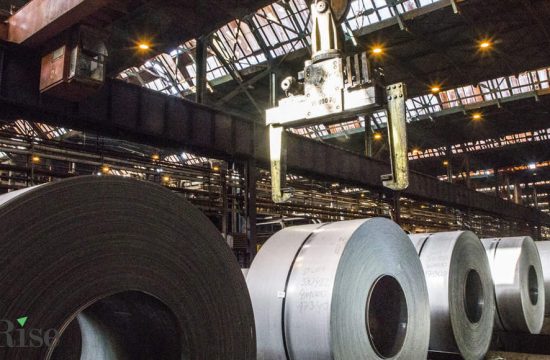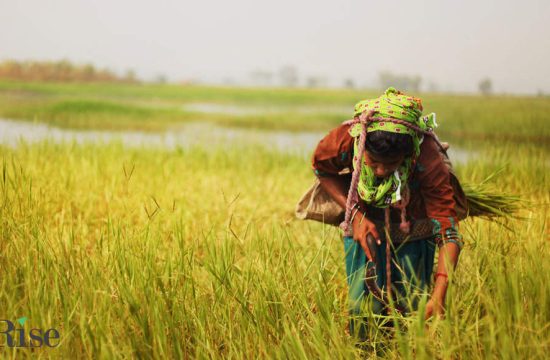
At a meeting at the World Trade Organization last week, Washington inquired about the scheme’s guidelines and eligibility of agricultural products in its ambit.
India implemented the RoDTEP from January 1, 2021 as a replacement of the Merchandise Exports from India Scheme (MEIS) after losing a dispute to Washington in 2019. The US had claimed that MEIS was non-complaint with the global trade norms. The government has said the scheme is facing teething troubles which could be resolved soon.
“The US also wanted an explanation of this scheme, including specific duties and taxes are eligible for refund for agricultural products such as rice,†said a Geneva-based official.
The RoDTEP will reimburse the input taxes and duties paid by exporters, including embedded taxes, such as local levies, coal cess, mandi tax, electricity duties and fuel used for transportation, which are not exempted or refunded under any other existing scheme.
At the meeting, the US and Australia also raised questions at India’s tariffs on cotton, and support to sugar and biofuels.
The US argued that India’s minimum support price for cotton has increased by 40% and government purchases of cotton have reached record levels. Washington had in 2018 said that India had provided market price support for cotton in excess of its WTO limits.
Though Australia said that India’s new 10% tariff on imported cotton, levied in February, is within its bound rate or the maximum rate that can be applied under India’s WTO commitments, it was concerned about the impact of this higher duty on Canberra’s cotton producers and exporters.
Australia, Canada, Russia, and the US also quizzed India on the quantitative restrictions it imposed on pulses with some arguing that the measures were in place for more than three years and hence, inconsistent with WTO rules.
Download The Economic Times News App to get Daily Market Updates & Live Business News.
